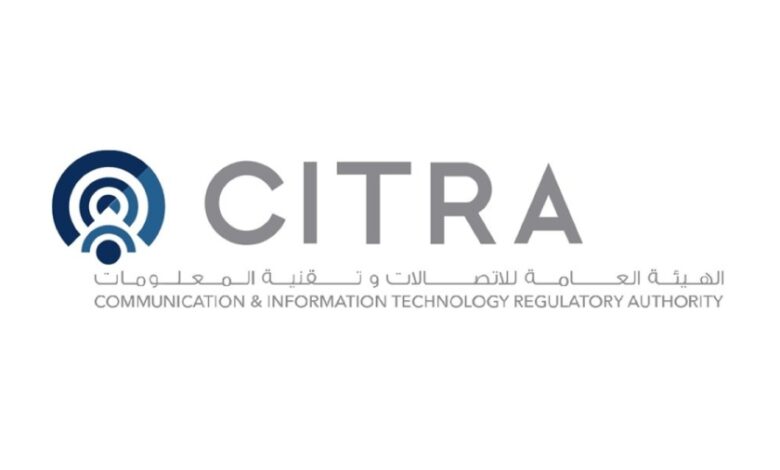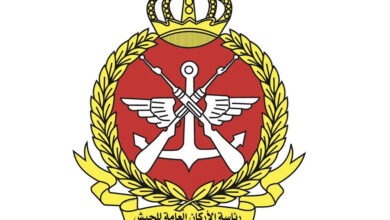Spotlight on CITRA: Restructuring, debt recovery, and conflict of interest under scrutiny
CITRA now faces heightened scrutiny over its administrative integrity, financial oversight, and regulatory enforcement.

Like several other ministries and government agencies, the Communications and Information Technology Regulatory Authority (CITRA) is awaiting finalization of its revised organizational structure, in line with Cabinet directives aimed at enhancing administrative efficiency and reducing public spending.
These restructuring efforts are part of a broader government strategy to streamline operations while preserving the rights of employees and ensuring continuity across sectors and departments.
According to informed sources, CITRA began implementing a new administrative structure in November 2024. The restructuring expanded the number of sectors and departments, but the current direction now calls for reducing size and complexity without sacrificing performance or service delivery, reports Al-Rai daily.
Whether this takes the form of modifying the existing structure or approving a new one after the formation of CITRA’s board of directors, the ultimate goal remains the same: increasing efficiency and enabling the authority to meet its strategic objectives. This is particularly important as Kuwait pursues digital transformation and aims to strengthen its global standing in digital governance and communications.
Sources emphasized that CITRA’s structure must evolve to meet operational and regulatory challenges. Improved coordination is needed, especially between the Board of Directors and the executive sectors, to resolve oversight issues and ensure full alignment with government reforms targeting national development and economic diversification.
Concerns about CITRA’s operations were raised in a report by a Fact-Finding Committee formed in late September 2024, which included members from the Fatwa and Legislation Department. The committee investigated claims that CITRA had provided services to a company after its license expired.
The company, an internet provider, saw its license lapse on September 1, 2023, due to unpaid dues totaling 2.6 million dinars dating back to April 2020. Despite not renewing the license, the company continued to operate. Eventually, a repayment plan was agreed upon, but questions persisted over the legality of the company’s continued operations.
The company argued that all transactions conducted between October 2023 and January 2024 were merely renewals of previous services, not new agreements. However, this explanation was flagged as a concern in both the Fact-Finding Committee’s report and the Audit Bureau’s findings.
The committee ultimately recommended a series of measures to address administrative shortcomings, including revising collection procedures, enforcing penalties more rigorously, activating oversight mechanisms, ensuring transparent communication of licensing decisions, and taking legal action to recover outstanding debts. The committee also urged strict enforcement of laws allowing for license revocation in cases of serious violations.
Another issue raised was the suspicion of conflict of interest within the authority. On May 8, the Legal Affairs Department submitted a report at the request of the acting chairman, focusing on a company licensed for satellite communication services. The investigation revealed that the company was initially licensed in February 2020 and had its license renewed twice before expiring in February 2022.
The investigation found that one of the company’s partners and directors is the sister of a department director at CITRA, and that the company had applied for a license in 2018—well before the most recent board was formed. Furthermore, one of the full-time board members appointed in August 2023 was the brother of that same partner.
The law prohibits CITRA employees and board members from holding any direct or indirect interest in telecommunications investments, either personally or through relatives. These rules are outlined in the law establishing CITRA, in Law No. 1 of 2023 on conflict of interest, and in internal regulatory guides.
The Legal Affairs Department concluded that a potential conflict of interest existed in both 2018 and 2023 but found no record of disclosure or any indication of whether the company remained operational after its license expired. The department recommended further verification and action to ensure that no services were being provided without proper authorization.
CITRA now faces heightened scrutiny over its administrative integrity, financial oversight, and regulatory enforcement. As it prepares to implement a revised structure and respond to the recommendations of the fact-finding report, the authority’s next steps will be crucial in restoring confidence and ensuring compliance with legal and ethical standards.












